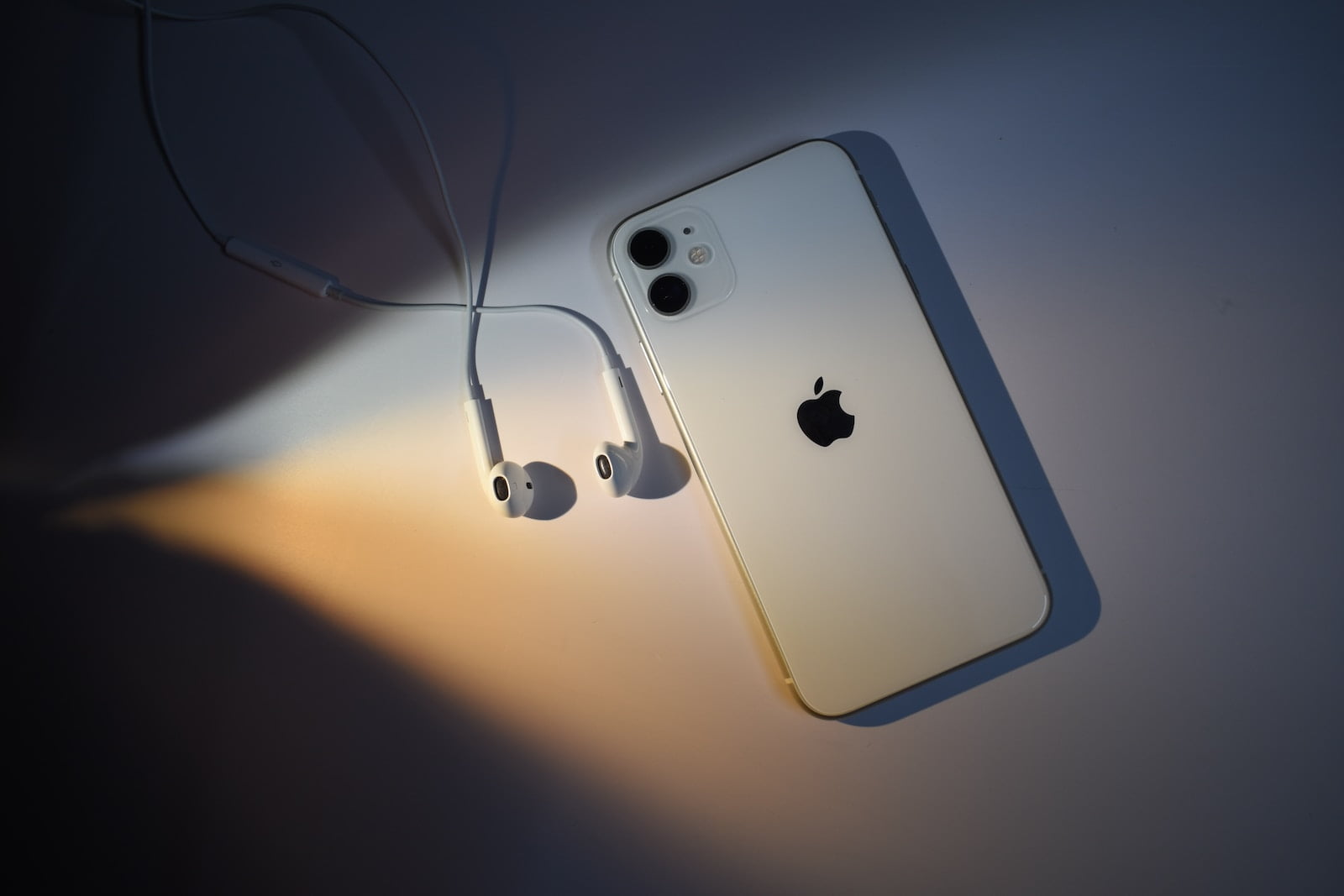
The trend of wireless chargers is sweeping the world. If you’re looking to break free from traditional charging methods using cables and seek a more convenient and modern solution, consider a wireless charger. However, it’s vital to know that there are two important factors to consider when choosing a wireless charger – amps and watts.
Both units measure the strength of current and the amount of power, respectively, and these factors ultimately dictate the performance of the device. An ampere (A) is a unit of electric current that indicates the strength of the current. A higher ampere carries more power, so if a wireless charger has a larger current, it can charge faster.
On the other hand, a watt (W) is a unit used to measure power, signifying the amount of energy delivered or used over a specific time. This measurement plays a critical role in gauging the performance of a wireless charger, as a higher wattage allows the charger to deliver more power to the device.
Therefore, when choosing a wireless charger, consider the amps and watts. High-quality and reliable products usually clearly state these specifications. Understanding amps and watts when purchasing a wireless charger and paying careful attention to these technical elements are crucial.
Wireless chargers with higher amp and watt ratings can charge your devices more quickly. For example, a charger with 2A (ampere) can charge your device faster than a charger with 1A. Similarly, a charger with 10W (watt) can deliver more power to your device compared to a charger with 5W.
However, it’s important to note that the charging speed also depends on the compatibility between the charger and your device. Some devices can only accept a certain maximum charging speed, and using a charger with higher amps and watts may not necessarily result in faster charging if your device cannot handle it.
Additionally, higher amp and watt ratings also mean that the charger consumes more power. If you’re concerned about power consumption or want to minimize energy usage, you may opt for a charger with lower amp and watt ratings. This can be particularly useful if you’re using the charger overnight or for an extended period.
When purchasing a wireless charger, it’s also important to consider the quality and safety features. Look for chargers that are certified by reputable organizations, such as Qi certification for compatibility and safety. These certifications ensure that the charger meets certain standards and will not damage your device.
Furthermore, consider the design and usability of the wireless charger. Some chargers come with additional features like built-in cooling fans or multiple charging coils, which can enhance the charging experience and prevent overheating.
In conclusion, when choosing a wireless charger, understanding and considering the amps and watts are crucial. Higher amp and watt ratings generally result in faster charging, but compatibility with your device is also important. Additionally, be mindful of power consumption and look for chargers with reputable certifications and additional features that suit your needs. By taking these factors into account, you can find the optimal wireless charger that offers powerful performance while minimizing power consumption.
RELATED POSTS
View all


